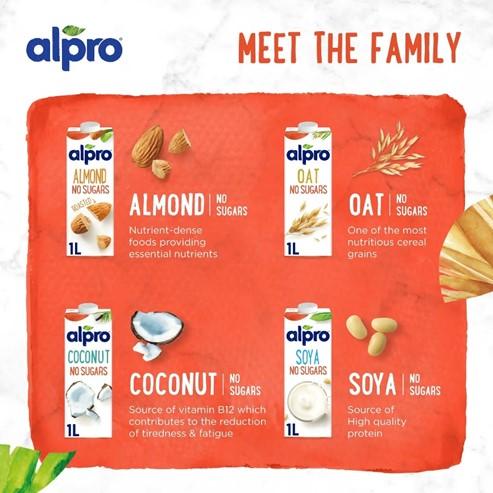A balance between anonymity and differentiation
Private Label in a Competitive Market

Private label has long been a cornerstone in the strategy of many (food) companies. Products sold under a private label offer opportunities to enter new markets more efficiently or strengthen positions in existing ones. However, a private label strategy also comes with challenges: how can your company maintain a strong brand identity and stand out in a market where anonymity is the norm?
Private label enables companies to grow quickly and reduce certain costs. For instance, Colruyt launched its private label brand Boni in India to address the demand for affordable private label products. This demonstrates how private label can be a tool to achieve economies of scale and increase market share.
However, building a strong corporate brand remains essential. Belgian examples such as Greenyard and Agristo show how clear positioning can foster trust and recognition in a competitive market.

‘"I have always found the name fantastic, and I still do. It is good, strong, powerful, and contributes significantly to a clear and purposeful image building."’
Hein Deprez, Founder Greenyard

The brand Greenyard was established by uniting several partners in the fresh produce sector, including vegetables and potatoes. Since its inception, the newly formed group has operated under the name Greenyard, a meaningful name that reflects its existing ‘fresh-from-the-field’ approach. A strong brand often starts with the right name, and this was precisely what the merger needed.
“I have always found the name fantastic, and I still do. It is good, strong, powerful, and significantly contributes to purposeful image building. With a brand like Greenyard, you only need to explain what you do once.
Especially in the food sector, a brand is the result of the trust a consumer has in a particular product or a range of products. To build trust in this sector, every product must be fully standardized,” explains Hein Deprez in Thierry Cattoir’s book Brand Change.

Agristo, a key Belgian player in frozen fries, mashed potatoes, and croquettes, has developed a flexible private label strategy that allows them to serve diverse markets. Their focus on quality and consistency has earned them a strong reputation, even without their name being prominently visible. However, attracting new talent, particularly in terms of employer branding, remains more challenging for Agristo compared to consumer-facing brands like Lotus and Alpro.
“At Agristo, we prioritize the brands of our customers. Using our expertise in the category, we help them find the right products that perfectly align with their brand strategy. Since we don’t operate as a consumer-facing brand, we cannot rely on product visibility to build brand awareness as a corporate or employer brand. This is why we actively invest in our corporate brand, targeting all our key audiences.
From our purpose, ‘we cultivate growth,’ we show all stakeholders what we stand for. This is reflected in ecosystems where we strive for growth for everyone: customers, farmers, employees, future colleagues, and the local communities we serve. By weaving these stories together, we strengthen our corporate brand,” explains Lien Sinnesael, Agristo.

‘"From our purpose, ‘we cultivate growth,’ we show all our stakeholders what we stand for." ’
Lien Sinnesael, Head Of Marketing & Communication Agristo
Advantages of a Private Label Strategy
- Rapid market penetration: Private labels enable faster entry into new markets.
- Cost efficiency: Economies of scale result in lower prices and improved efficiency.
- Flexibility: Companies can target different markets and audiences within the same proposition.
What are the disadvantages?
- Loss of differentiation: Private label brands struggle to build unique value.
- Limited brand equity: Relying heavily on private labels can erode brand value over time.
- Price competition: The focus on low costs puts pressure on margins and customer loyalty.
Private label can be a valuable strategy, provided there is a good balance between anonymity and differentiation. It is important not to focus solely on short-term benefits but also to consider the long-term impact, particularly how private labels influence brand identity, customer loyalty, and the positioning of your company. This is where strong brand architecture, strategy, and storytelling become essential.
It may also happen that a hero product takes all the attention, which can be a deliberate choice. However, it’s important not to disregard other products or product lines. For instance, someone applying to Alpro with a passion for oat yogurt may just as well end up working on a private label line or at Provamel. This underscores the need to maintain consistency and recognition across the entire brand portfolio.
At Remarkable, we help companies build strong brands, whether it’s about brand architecture, creating a new (product) brand, or legal trademark protection. Get in touch and discover what we can do for you.